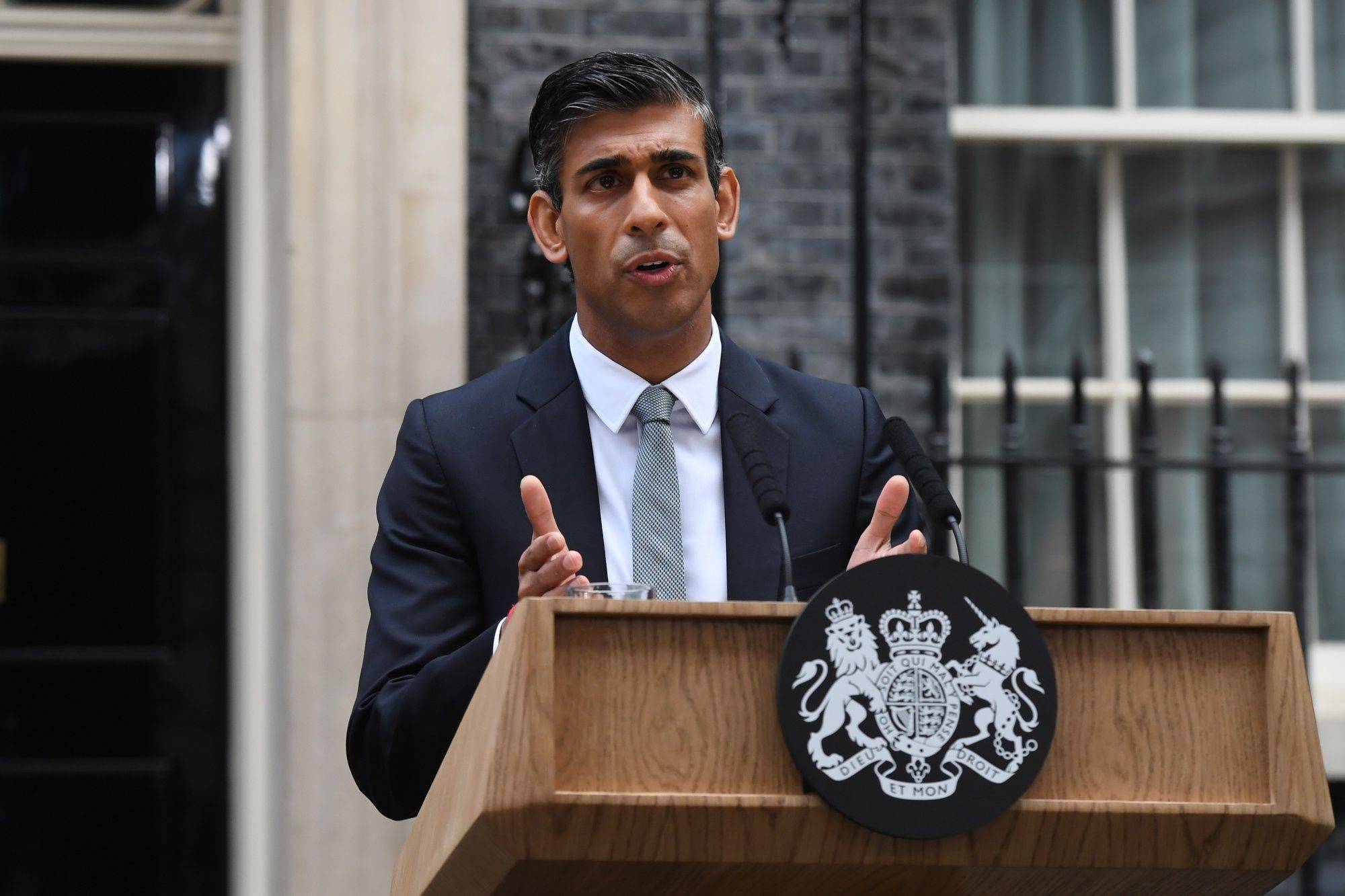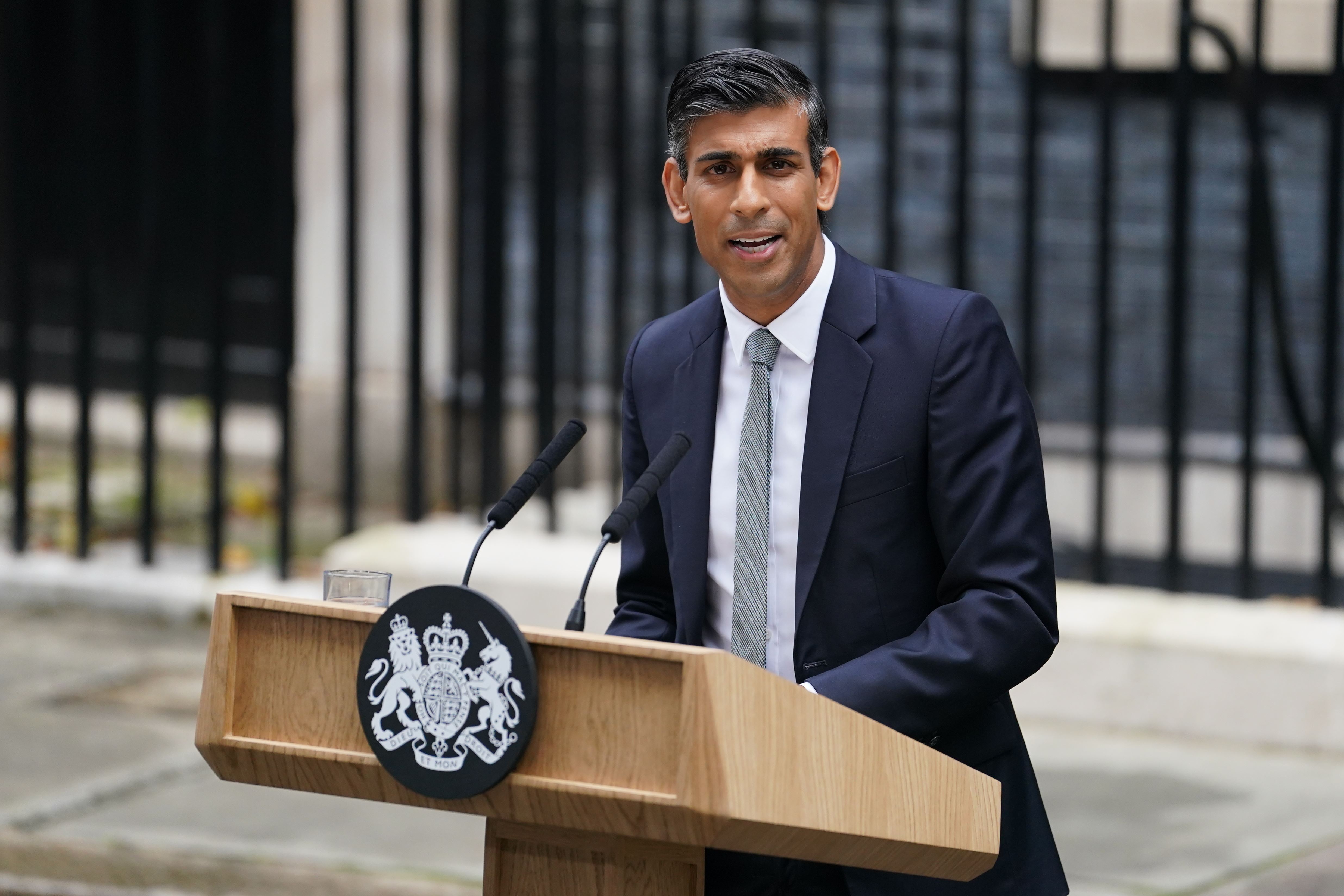Minister Of Foreign Affairs Of Pakistan - Ishaq Dar's Important Role
When we think about a country's place on the global stage, one person often stands out as a key representative: the individual holding the position of the minister for foreign affairs. This role, in a way, is about being the country's main voice to the rest of the world, shaping how a nation connects with others and handles its many international dealings. It is, you know, a very significant job that touches upon so many aspects of a country's interactions far beyond its own borders.
This particular position carries a lot of weight, as it involves guiding the overall direction of how a nation relates to other countries, ensuring its interests are looked after, and speaking up for its people on big global issues. It's about building connections, sorting out disagreements, and making sure the country's presence is felt in a positive and constructive manner, which is, in some respects, quite a challenging thing to do. So, when someone steps into this kind of role, there's a lot of focus on their background and what they bring to the table.
The person who takes on this duty for Pakistan has a very important part to play in how the country is seen and how it operates in the wider world. This individual is the one who keeps a watchful eye on all the international goings-on for the government, making sure that everything lines up with the nation's goals and values. It’s a job that requires a deep knowledge of many different things, and, you know, a calm approach to handling some really big situations.
- Clank Clank Clank Crunch
- Total Drama Brick
- Burke Landscape Supply
- 9th Circuit Court Ruling On Pardons
- Revolution Laser Tag
- Who is the Current Minister of Foreign Affairs of Pakistan?
- A Look at the Man - Mohammad Ishaq Dar's Personal Details and Background
- What Does the Minister of Foreign Affairs of Pakistan Actually Do?
- The Foreign Minister's Role in the Senate of Pakistan
- How Does the Minister of Foreign Affairs of Pakistan Interact with Other Nations?
- The Transition of Leadership in the Ministry of Foreign Affairs of Pakistan
- Other Key Figures in Pakistan's Government Alongside the Minister of Foreign Affairs of Pakistan
- What Are the Challenges Facing the Minister of Foreign Affairs of Pakistan?
Who is the Current Minister of Foreign Affairs of Pakistan?
At this moment, the person holding the very important position of the minister for foreign affairs for Pakistan is Senator Mohammad Ishaq Dar. He has, you know, taken on this significant responsibility, which makes him the 39th individual to serve in this particular role. It's a big deal when someone steps into such a prominent government job, especially one that deals with the country's dealings with the rest of the globe. His formal assumption of this role means he is now the main person guiding Pakistan's interactions with other countries, which is, in a way, a huge task.
Beyond being the country's chief diplomat, Senator Mohammad Ishaq Dar also holds another significant position: he is the 6th deputy prime minister. This dual role means he has an even broader impact on the government's work, not just in foreign matters but also in supporting the prime minister's efforts across different areas. It's quite rare for someone to hold both these very high-ranking positions at the same time, which, you know, suggests a lot about his standing and experience within the political scene. He is, apparently, a very experienced hand in government affairs.
His appointment to these roles was, as a matter of fact, a notable event. The news of him becoming deputy prime minister, alongside his foreign minister duties, was shared by the ministry itself through its official channels. This kind of announcement highlights the importance of the roles he has taken on and how they fit into the broader structure of the government. So, his presence in these two key spots means he's right at the heart of how Pakistan operates both at home and when it looks out to the wider world.
A Look at the Man - Mohammad Ishaq Dar's Personal Details and Background
To get a bit of a better sense of Senator Mohammad Ishaq Dar, it's helpful to look at some of his personal details. He is, after all, a public figure who has been involved in the country's political life for quite some time. Knowing a little about his background can help us appreciate the journey he's had to reach these very high-ranking positions. He is, you know, a person with a long history in the public eye, and that history shapes how he approaches his current duties.
Here's a quick overview of some basic information about him:
| Full Name | Muhammad Ishaq Dar |
| Date of Birth | May 13, 1950 |
| Current Roles | 6th Deputy Prime Minister, 39th Minister for Foreign Affairs |
| Profession | Accountant and Politician |
| Other Key Role | Leader of the House in the Senate of Pakistan |
As you can see, his background as an accountant suggests a mind that is, perhaps, quite good with numbers and details, which can be a very useful trait in government work. His long career as a politician also means he has a deep understanding of how the country's systems work and how to deal with different groups and opinions. He's been around for a while, and that experience, you know, really counts in these kinds of roles. He is, basically, a seasoned figure in the country's political landscape.
His journey to becoming the minister for foreign affairs and deputy prime minister has involved many years of public service. This kind of experience, in a way, prepares someone for the pressures and responsibilities that come with representing a whole nation. It's not just about policy; it's about connecting with people, both at home and abroad, and that, arguably, takes a certain kind of person. So, his long track record gives a bit of a hint about the kind of leader he is.
What Does the Minister of Foreign Affairs of Pakistan Actually Do?
The person who serves as the minister for foreign affairs is, in essence, the main guide for Pakistan's interactions with other countries. This means they are at the very top of the ministry that handles all matters related to foreign policy. Their job involves making sure that Pakistan's voice is heard on the global stage and that its relationships with other nations are handled with care and purpose. It's a role that demands a lot of thought and, you know, a good bit of talking with people from all sorts of backgrounds.
They oversee the federal government's approach to how it deals with the rest of the world. This can include everything from trade discussions to agreements on shared borders, and even how Pakistan responds to big global issues like climate change or international peace efforts. It's a broad area of work that touches upon nearly every aspect of the country's external dealings. So, the minister is, basically, the chief architect of how Pakistan presents itself to the world, which is, you know, a really important job.
Part of this work involves meeting with other foreign ministers and leaders from around the globe. These meetings are where ideas are shared, agreements are made, and sometimes, difficult conversations happen. It's about building bridges and finding common ground, even when there are differences. For example, Senator Mohammad Ishaq Dar recently met with the foreign minister of the Turkish Republic of Northern Cyprus, Tahsin Ertuğruloğlu, during a gathering of the Organization of Islamic Cooperation (OIC) in Istanbul. These kinds of interactions are, in fact, a regular part of the job, and they are where a lot of the actual work gets done.
The Foreign Minister's Role in the Senate of Pakistan
Beyond his duties as the minister for foreign affairs, Senator Mohammad Ishaq Dar also holds another very important position within the country's political structure: he is the Leader of the House in the Senate of Pakistan. This role is quite distinct from his foreign policy responsibilities but, you know, it still carries a lot of weight within the government's day-to-day operations. It shows how deeply involved he is in the country's legislative processes.
Being the Leader of the House means he plays a key part in guiding the work of the Senate, which is one of the two main law-making bodies in Pakistan. He helps to set the agenda for discussions, makes sure that important matters are debated, and generally helps to keep things moving along smoothly in the Senate chamber. It's a role that requires a lot of coordination and, you know, a good sense of how to get things done within a large group of elected representatives. He is, essentially, a key figure in ensuring the legislative branch functions well.
This dual responsibility means that Senator Dar has influence both on the country's external dealings and its internal law-making. It's a pretty powerful combination of roles, giving him a broad perspective on how the government operates. So, he's not just representing Pakistan abroad; he's also helping to shape the laws and policies right there at home. This kind of broad involvement is, arguably, a sign of his deep experience and trust within the political system.
How Does the Minister of Foreign Affairs of Pakistan Interact with Other Nations?
The minister for foreign affairs is, you know, the country's chief representative when it comes to talking with other nations. This involves a lot of different kinds of interactions, all aimed at protecting Pakistan's interests and building good relationships. It's not just about formal meetings; it's also about building trust and finding common ground, which, in a way, is what diplomacy is all about. So, how does this person actually go about doing that?
One common way is through high-level meetings, like the one Senator Mohammad Ishaq Dar had with the TRNC foreign minister during the 51st OIC CFM in Istanbul. These gatherings, as a matter of fact, bring together leaders from many different countries to discuss shared concerns and work towards common goals. They are opportunities to strengthen bonds, iron out differences, and coordinate actions on big global issues. It's a chance to put a face to the nation and to have direct conversations that can lead to important outcomes.
Beyond these big conferences, the minister also engages in bilateral visits, meaning one-on-one meetings with officials from a single country. These visits allow for more focused discussions on specific issues that matter to both nations, like trade, security, or cultural exchange. It's about building personal connections and, you know, fostering a sense of mutual respect. The foreign minister also oversees the work of Pakistan's ambassadors and diplomats stationed in countries all around the world, providing them with guidance and support as they represent the nation every day. This network of people is, basically, the eyes and ears of Pakistan on the global stage, all working under the direction of the minister for foreign affairs.
The Transition of Leadership in the Ministry of Foreign Affairs of Pakistan
Leadership roles in government, especially ones as significant as the minister for foreign affairs, often see changes over time. People come and go, bringing their own perspectives and styles to the job. It's a natural part of how governments work, and these transitions are, you know, usually quite carefully managed to ensure things keep running smoothly. The ministry itself is a continuous body, even as the person at its head changes.
Before Senator Mohammad Ishaq Dar formally took on the role as Pakistan’s 39th minister for foreign affairs, the position was held by Bilawal Bhutto Zardari. He is, of course, the son of the late former prime minister Benazir Bhutto and a prominent figure in the Pakistan Peoples Party (PPP). His time as foreign minister was, in a way, a period of active engagement for Pakistan on the international scene. When he took his oath, it marked a significant moment for the coalition government at the time.
The change from one minister to another, like from Bilawal Bhutto Zardari to Senator Mohammad Ishaq Dar, is a formal process. Upon his arrival at the ministry of foreign affairs, Senator Dar was, you know, received by the staff, which is a customary way of welcoming a new head. This kind of handover ensures that there's continuity in the work and that the important tasks of representing the nation abroad continue without interruption. It's a clear signal that, while the person at the helm might change, the country's commitment to its foreign policy goals remains strong. So, these transitions are, in some respects, about maintaining stability and focus.
Other Key Figures in Pakistan's Government Alongside the Minister of Foreign Affairs of Pakistan
While the minister for foreign affairs plays a very central role in how Pakistan interacts with the world, they are, of course, part of a much larger team that makes up the federal government. Many other ministers and officials also hold very important positions, each looking after a different area of the country's affairs. These individuals work together to ensure that all aspects of governance are addressed, which is, you know, how a government functions effectively. It’s a collective effort, really.
For example, Azam Nazir Tarar is another key person, leading the ministry that deals with law, justice, and human rights. This is a very important area, ensuring that the country's legal systems are fair and that the rights of its people are looked after. His work is, in a way, about the foundational rules that govern daily life within the nation. So, his role is, essentially, about the internal workings of justice and fairness.
Then there's Ahsan Iqbal, who brings his deep knowledge to the ministry of planning and development. This particular ministry is all about looking ahead, thinking about the country's future growth, and making plans for how to improve things for everyone. It involves big picture thinking about infrastructure, economic progress, and social betterment. These different ministries, each with their own leader, work together, and the foreign minister's work often ties into theirs, especially when it comes to international agreements or development aid. So, it's a bit like a big orchestra, with each player having their own part, but all contributing to the same tune, which is, you know, the country's overall progress.
What Are the Challenges Facing the Minister of Foreign Affairs of Pakistan?
Taking on the role of the minister for foreign affairs for a country like Pakistan comes with its own set of unique situations and, you know, some quite significant challenges. It's a job that requires a lot of careful thought and a steady hand, given the many things happening around the world and in the region. The person in this position has to be ready for almost anything, from unexpected global events to ongoing regional issues. So, what kind of things might they typically face?
One major aspect is dealing with the ever-changing nature of global relations. Things can shift very quickly, and the minister has to be able to respond to new developments, sometimes at a moment's notice. This could involve, for example, addressing international disputes, participating in peace efforts, or speaking up on behalf of Pakistani citizens living abroad. It's about being nimble and, you know, having a clear sense of direction even when the path isn't perfectly clear. The world is, basically, a very dynamic place, and the foreign minister has to keep pace with it.
Another important part of the challenge is balancing the country's own interests with the need to build good relationships with many different nations. Sometimes, these two things can be a bit tricky to line up perfectly. The minister has to make decisions that benefit Pakistan while also maintaining a spirit of cooperation and mutual respect with other countries. This requires a lot of delicate handling and, you know, a good bit of patience. It’s about finding that sweet spot where everyone feels heard and respected. So, it's not just about what's best for Pakistan; it's also about how Pakistan fits into the larger global picture, which is, arguably, a very complex thing to manage.
In summary, Senator Mohammad Ishaq Dar currently serves as Pakistan's 39th Minister for Foreign Affairs and 6th Deputy Prime Minister, a dual role that places him at the heart of the nation's international dealings and domestic legislative processes as Leader of the House in the Senate. Born in 1950, his background as an accountant and seasoned politician brings considerable experience to these significant positions. As the head of the Ministry of Foreign Affairs, he guides the country's global interactions, engaging in high-level meetings, such as with the TRNC Foreign Minister at the OIC CFM, and overseeing diplomatic efforts worldwide. His appointment followed Bilawal Bhutto Zardari's tenure, marking a transition of leadership within this vital ministry. He works alongside other key government figures like Azam Nazir Tarar in Law and Justice and Ahsan Iqbal in Planning and Development, contributing to the overall governance of the nation. The role presents ongoing challenges, requiring him to navigate the complexities of global relations and balance national interests with international cooperation.
- Ambs Official Onlyfans Leak
- Abed Green Scandal
- %E6%8C%9F %E5%B0%84
- Friendly Dental Mooresville
- Vic Fabe Videos

Rishi Sunak Officially Becomes Prime Minister

Rishi Sunak’s first speech as Prime Minister in full

African American minister,black man with bible Stock Photo - Alamy